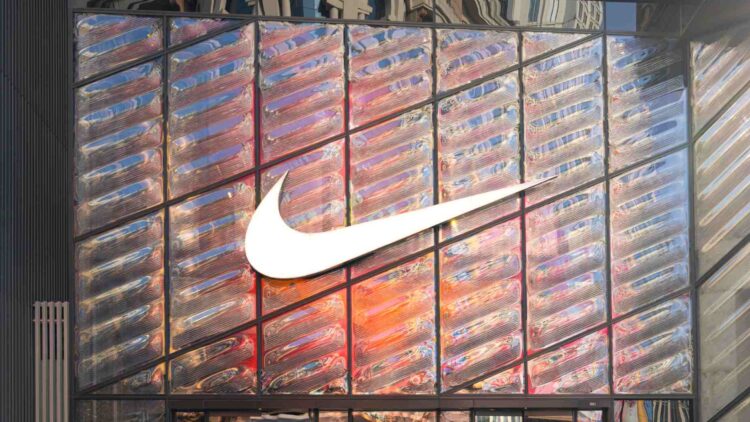Even since before the pandemic, some traditional companies like Nike were having trouble adapting to the new way of shopping that the younger generations were choosing to experience. The shift to primarily online shopping, the focus on sustainability and the ethical concerns were all new areas to take into consideration and adapting was hard. Once that seemed to be conquered, the pandemic hit and threw the entire market into disarray, giving most of the market shares to cheap Chinese companies that charged very little for their products and focused on dupes.
That storm is bad enough to go through before adding the new tariffs imposed by President Trump, which have not only affected those online Chinese giants, but every single American company that produces their goods in China (and other Asian countries like Vietnam that are also becoming a victim of the new tariffs) because of the price difference mostly found in labor costs. And Nike is one of those companies staring down the barrel of either reinventing themselves or going down with the increase in costs.
The Nike strategy to survive the new economic climate
When Trump announced the new order of things, it seemed like the goal was to make it so expensive to produce elsewhere that factories would move back to America. This is a utopic view of the market, as many companies are choosing to either abandon the market, shift the costs to their suppliers, absorb the cost themselves or shift it to consumers, but moving production has not been suggested in most cases, and it does not seem like it will happen any time soon. And Nike is not an exception to this.
Economist Peter Schiff is one of the experts convinced that, not only will Nike not move production to the US, but they will be one of the companies that will put the costs on consumers and will likely leave the market before acquiescing. His statements on X (formerly twitter) are quite definitive “Nike won’t build factories in the U.S. to make sneakers. That would add more cost than the 40% tariffs. The result will be fewer sneakers sold in the U.S. at much higher prices.”
When asked about the price absorption by Nike, he was also quite blunt, dismissing the idea outright “They will eventually sell more sneakers to consumers in other countries instead, as they buy what Americans can no longer afford.”
This is a very targeted analysis of the situation, especially given that Nike saw its stock drop by over 14% following the announcement of broad reciprocal tariffs by President Trump, which directly impact the brand’s manufacturing operations. With nearly half of its footwear coming from Vietnam, now subject to a 46% tariff hike, the company faces significant cost pressures. So much so that Goldman Sachs highlighted Nike’s vulnerability due to its reliance on countries like China and Indonesia, where tariff increases of 34% and 32%, respectively, also apply.
But Nike is not the only company facing these issues, Wall Street has lost approximately $2 trillion in market value and their direct competitors like Lululemon Athletica Inc fell 9.28%, and Adidas also suffered a dip given its 39% Vietnamese manufacturing exposure.
While it does not seem like the President will be changing his mind any time soon, analysts are trying to warn the public that the impact will likely be on them, as companies will need to adjust pricing, negotiate with vendors, and optimize costs to protect margins, which may even lead to decline in quality and further alienation of their consumer base. Wedbush Securities analyst Dan Ives called the tariffs “worse than the worst case scenario,” and is especially concerned with the tariffs levied against China and Taiwan, as they are key points in the supply chains and demand.

